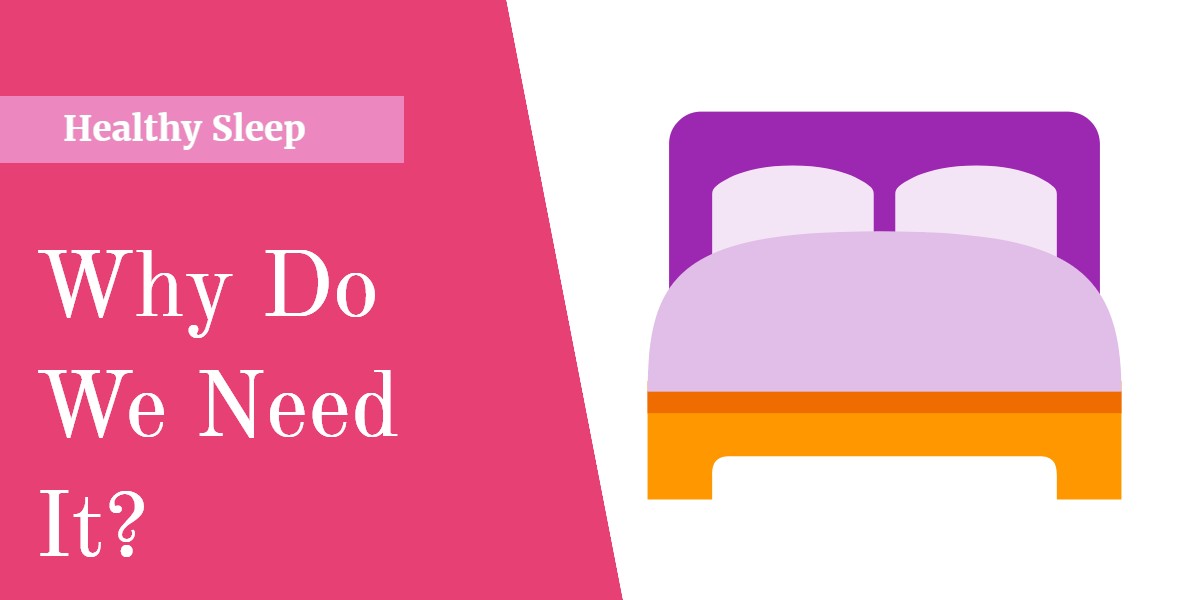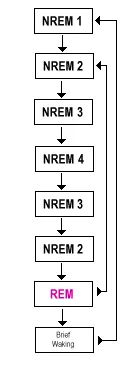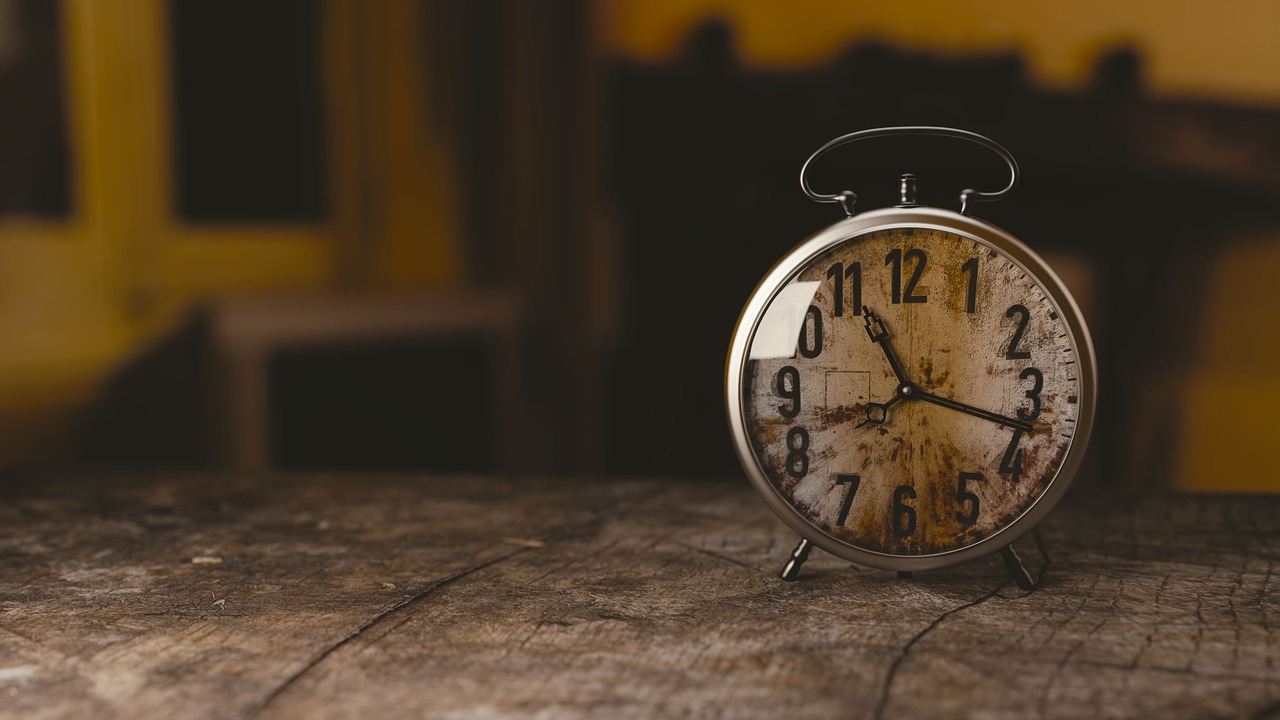Why Do We Sleep? Reasons Why Sleep is Important

Sleep remains a great mystery, much about it is still unknown. However over the years scientists have made some progress in unravelling some of sleep’s secret’s and on these pages I’ll discuss a few of the basics.
Please remember that this is not a medical site and does not provide personal advice. Information here is for general interest only. Please read the site terms of use.
Sleep is a near universal trait. All mammals, birds and reptiles sleep, even if sleeping is in fact dangerous (leaving them prone to predators). From a human perspective - with fewer night time predators to worry about - sleep is simply “wasted” time that could be “better” spent doing other things.
The amount of sleep humans need varies from one person to another but averages eight hours a night. That’s almost a third of our life. Why do we need sleep? Why do we need so much “downtime”?
The Benefits of Sleep
[caption id="" align=“alignleft” width=“350”] Sleeping Beauties Buy this Art Print at AllPosters.com[/caption]
Sleeping Beauties Buy this Art Print at AllPosters.com[/caption]
Sleep has both physical and mental benefits. Physically it is the time when the body can renew its energy store. Experiments on rats have shown that lack of sleep supresses the immune system.
Sleep is also the time when the body does its best “repair work”, fixing ailments and fighting invaders. Experiments have shown that growth hormones are produced during sleep which assist in tissue growth and repair.
You’ve probably noticed that when you’re sick or hurt you feel more tired more often. This is probably the body’s natural mechanism to make you sleep and allow it to repair itself.
However sleep is not simply about “rest”. People who spend the day idle still need to sleep. If you are too fatigued then it can actually be harder to get to sleep.
The mental effects of sleep are less well established than the physical ones. There are numerous psychological and analytical theories as to what dreams mean - but what are they for?
It’s interesting to note that during sleep the brain is not idle - it’s actually very active. Yes, sleep probably helps us to rebuild our mental energy, but it’s not as simple as just resting.
One possibility is a purely physical one: sleep allows certain nerve cells to rest. Even though the brain as a whole is active, especially in REM sleep, certain cells such as those involved with serotonin transmission are switched off. It’s possible that such neurons can become “overused” during the day and need sleep to recover.
Some researchers believe that dreams reflect the mind sorting out the business of the day. It’s like “sticky notes” on a computer monitor. During the day too many things happen for us to analyse them all, so we scribble them on mental “sticky notes”. During sleep, the brain goes through these “stickies” filing them and marking some for action. Dreams are a side-effect of this process.
Don’t Miss: 10+ Benefits of Getting Enough Sleep Every Night
The Stages of Sleep
 People often consider sleep a simple matter of “switching off”. We slowly drift off, then once we are “asleep” we remain that way until we wake up. In fact sleep is a lot more complex than that.
People often consider sleep a simple matter of “switching off”. We slowly drift off, then once we are “asleep” we remain that way until we wake up. In fact sleep is a lot more complex than that.
The Sleep Cycle
A normal night’s sleep consists of alternating NREM and REM sleep. “REM” stands for “Rapid Eye Movement” and is the phase of sleep where the brain is the most active and the most numerous and vivid dreams occur. REM sleep is also known as paradoxical sleep. “NREM” is Non-REM.
NREM sleep is itself divided into four different stages. The combination of these five stages (four NREM, one REM) creates a cycle that lasts around ninety minutes on average and repeats several times during the night.
At the end of each cycle many people actually wake up briefly. Most people don’t even remember this, however some poor sleepers may wake fully.
NREM Sleep
The first stage of NREM sleep is “drifting off”. It lasts ten minutes or so and is accompanied by hypnagogic imagery often confused with lucid dreams. The sleeper is still half-awake and might believe themselves to be “just resting the eyes”.
NREM stage 2 represents the lightest stage of “real” sleep. The sleeper can be wakened but with more difficulty than in stage 1. Brain waves become larger and the body gradually shuts down. During NREM stage 2 sleep becomes slowly deeper until…
NREM stage 3 is the threshold to deep sleep. It usually occurs between thirty to fourty-five minutes after starting to sleep. In NREM stage 3 the sleeper is much more difficult to waken and the large, slower delta brainwaves are generated.
NREM stage 4 is “deep sleep”. It is during deep sleep that the body gets its most rest and does its best repair work. A sleeper in deep sleep will be very difficult to awake - sleep walking (somnambulism) sometimes occurs during this stage.
The first deep sleep period of the night is the longest and the deepest. After the deep sleep period is over the sleeper reverses the pattern, moving back up to NREM stage 2 then entering REM sleep.
REM Sleep
Paradoxical Sleep
During REM sleep (paradoxical sleep) our brain is not resting but extremely active. Brain waves are small and fast with bursts of activity. The body is more active with pulse rate increasing and fingers and toes twitching. However the main part of the body is paralysed, probably to prevent damage during dreams; waking during REM sleep can result in the unpleasant experience of sleep paralysis.
REM sleep is characterised by “Rapid Eye Movement”. Even though the eyes are closed it is possible to see this movement taking place under the eyelids. REM sleep is believed to be the phase when we dream most often and most intensely. (Though dreams do also occur at other stages of sleep).
In infants, REM Sleep is sometimes called “Active Sleep”.

The Cycle
After REM sleep, the sleeper sometimes wakes briefly then returns to the early non-REM stages and the stages of sleep cycle repeats.
The length of the cycle and the relative lengths of the four stages of sleep varies a lot between individuals. Babies tend to spend a lot of their time in REM sleep - up to 50%. In adults this is usually a lot less - around 20% to 25%. The amount of time spent in deep sleep (NREM 3 and 4) also decreases as we age and some people eventually get little if any deep sleep.
The cycle length also changes for an individual over the course of a single night. During the first cycle an adult will usually stay in REM sleep for around ten minutes. In later cycles during the night we get more REM sleep and less deep sleep. This is possibly our body prioritising “physical” repair over “mental” in case sleep is limited.
Sleep is clearly a lot more complex than just “switching off”!
The Circadian Rhythm
The term circadian rhythm is simply a technical way of describing our body’s natural daily rhythm - our internal body clock. The name comes from the Latin “circa” (around) and “dies” (day).
It’s actually over simplistic to talk about “the” circadian rhythm. Many activities of our body are influenced by daily rhythms of some sort.
Scientists have identified over 100 different rhythms including blood pressure, body temperature and heart rate. These different circadian rhythms interact to keep our bodies on track - or otherwise. It has been reported that heart attacks and strokes are more common in the morning than at other times of day.
The exact mechanisms behind all these circadian rhythms are unclear, however they appear to involve hormone production in many cases. How is this hormone production timed to a daily cycle? The most likely candidate as a control mechanism is daylight, and studies have now confirmed this. However the clock is not wholly dependant on external factors as it takes time to “reset” if the external light cues are changed. This delay can be one cause of jet lag.
The Sleep-Wake Cycle
Of the various different circadian rhythms, the one of most interest to this site is the daily sleep-wake cycle. This cycle is approximately 24 hours long - however in many cases it appears to be slightly longer than this, closer to 25 hours. The reason for this discrepancy is not known.
In humans and other mammals the circadian rhythm is mainly controlled by the hypothalamus. In particular there is a group of cells called the supriachiasmatic nucleus (SCN) which, if destroyed, eliminates any detectable circadian rhythm.
The SCN appears to be activated by the arrival of light on the retina of the eyes. This then causes it to activate the pineal gland which produces melatonin. This hormone then adjusts the functioning of our body.
As we age this process becomes less reliable and our circadian rhythm breaks down. Older people often have unusual or disrupted sleep cycles.
It follows that a change in the natural daily cycle of light-dark patterns can disrupt our hormonal balance. In some people the lack of daylight during the winter months results in a condition known as Seasonal Affective Disorder (SAD). Many sufferers of SAD use light therapy, including lightboxes and dawn simulation alarm clocks.
We all know that long-term sleep deprivation (lack of sleep) can cause major problems. Fewer people realise that studies have shown even losing a couple of hours a night on a regular basis can have serious effects. Since different people need different amounts of sleep, a night that is fine for one person can result in sleep deprivation for another. Don’t assume that your partner is “lazy” because he or she needs more sleep than you!
In our modern 24-7 society many people (not just students and new parents!) regularly walk around in a sleep deprived state. It’s probably one of the commonest sleep disorders around today. Unfortunately the potentially serious problems that result from sleep deprivation effects are rarely recognised or taken seriously.
What Are The Effects of Sleep Deprivation?
Problem Caused by Sleep Deprivation - The Symptoms
If you’re regularly not getting enough sleep then you could be setting yourself up for problems.
Obviously sleep deprivation leaves us “feeling tired” and suffering from possibly chronic fatigue. This results in irritability and lack of concentration. That might not sound very serious but those two symptoms can result in poor job performance, unnecessary arguments with loved ones and even serious accidents.
Lack of sleep can cause the body to react with a “micro-sleep”, where we fall asleep quickly for a period of just a couple of seconds. A couple of seconds might not sound much, and nodding off briefly during a meeting might not be much of a worry. But what about dropping the scalding hot coffee pot? Or dropping off whilst driving?
As well as the behavioral effects of sleep deprivation there are direct physical consequences.
In the longer term sleep deprivation results in a depressed immune system, leaving us prone to other diseases. In particular research by the University of Chicago Medical Center links sleep deprivation with impaired insulin and sugar regulation, possibly leading to diabetes.
There are also reports that sleep deprivation can increase the risk of obesity by reducing the production of leptin, a hormone that causes you to feel full and stop eating.
Driving
Sleep deprivation can be lethal if driving - nodding off at the wheel is extremely dangerous. The U.S. National Highway Traffic Safety Administration (NHTSA) estimates that drowsy driving causes over 100,000 crashes a year - and some 1550 fatalities. To help avoid this you can buy products such as the Nap Zapper. The Nap Zapper monitors your head and sounds an alarm if it nods forwards.
Such devices should not be used as an excuse for driving when tired. Even if you don’t actually nod off, sleep deprivation can severely impare reaction times. If you’re tired, don’t drive.
Beneficial Effects of Sleep Deprivation
I do not recommend deliberate sleep deprevation without consulting your doctor and getting his or her express agreement.
Dealing With Depression
Some psychiatrists believe that Total Sleep Deprivation (TSD) or Partial Sleep Deprivation (PSD) - if administered and monitored by medical professionals - can assist in treating depression (both unipolar and bipolar) and possibly even Parkinson’s disease.
Unfortunately these results seem to be short-lived. The body needs sleep and after the inevitable recovery sleep the beneficial effects of TSD or PSD are usually eliminated.
Sleep Deprivation Cure
There is no “cure” for sleep deprivation.
In the short term you can “keep yourself going” with caffeine, etc. However this should never be seen as a long term strategy.
You need enough sleep. Make sure you get it, even if means making significant changes to your lifestyle.

Patrick Mahinge
Patrick Mahinge, the chief editor at MTBNZ.org is a serial webpreneur who also enjoys mountain biking.
Related Articles

27-07-2018
Dream Interpretation and Analysis: What Do Your Dreams Mean
Read more about this article...
Read more →

28-10-2019
How to Reset Your Body Clock Fast And Get Better Sleep Every Day
Read more about this article...
Read more →